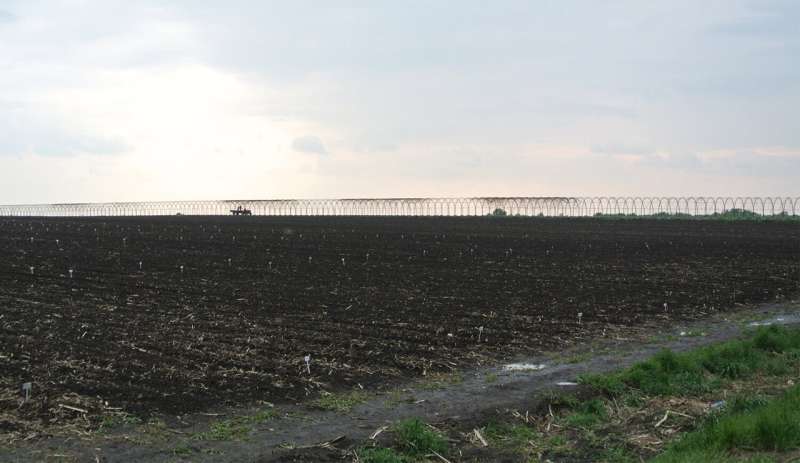Examining the effects of global shocks on the evolution of an interconnected world

Disasters don't read border signs or follow speed limits. Solutions shouldn't, either.
In this week's international journal Ambio, two sustainability scholars at Michigan State University (MSU) outline how today's catastrophes—pandemics, wars, natural disasters—play out differently in the modern world, with effects often reverberating farther and faster than their historic counterparts. Understanding the true impacts both near the source and across the world—and often months or years later, will be crucial.
"Given the current globalized world, our challenges have also become global," said Andrés Viña, of MSU's Center for Systems Integration and Sustainability (CSIS). "The solutions to these challenges then need to also be global. Even though our individual actions operate at the local level, collectively they have worldwide repercussions. Therefore, we need to find ways of working together for the common good, irrespective of political boundaries."
Technology—particularly telecommunications and transportation—has made the world smaller and more connected as people, goods and information move fast. While history can be a good teacher, examining new disasters in an updated way shows today's problems—like the COVID-19 pandemic—are having a broader, faster impact than earlier global shocks.
Public transportation innovations allowed The Spanish Flu pandemic of 1918 to spread fast and furious, and quick action by governments to mandate lock downs and travel bans helped. But today's COVID outbreaks and impacts were much faster and farther. Obvious disruptions such as shortages, changes in the costs of goods, restrictions and disruptions in travel are giving way to more subtle but significant changes.
The paper's authors note how coping strategies on one part of the world, such as a country shifting from local food to imported, can cause a country far away to turn more forests into farmland to meet a new need, creating environmental stresses to fragile wildlife. And then transporting the goods can create other impacts, like pollution, but also jobs, at many places between those farms and their new customers.
The point, the authors note, is that if the global community doesn't learn to spot and address the short- and long-term changes, both harm and opportunity can be unchecked. Viña and co-author Jianguo "Jack" Liu, Rachel Carson Chair in Sustainability and CSIS director, use a new method to uncover the complexities of the real world.
The metacoupling framework creates an integrated way to look at how people and nature interact across the world and provides a new language to look at the big picture and at details simultaneously.
"Events such as war, drought and disease that start in one place set off chain reactions worldwide that are often hard to observe if we look at the world through traditional lenses," Liu said. "And that also means solutions will require a new way of both thinking and reacting to take advantage of them."
The study notes that COVID has shifted much of modern life—where people get their food and goods, how we travel for work and pleasure, how health care is distributed, and how natural resources are used and abused. The pandemic is one of many examples that show building resiliency is a global project.
More information: Andrés Viña et al, Effects of global shocks on the evolution of an interconnected world, Ambio (2022). DOI: 10.1007/s13280-022-01778-0
Journal information: AMBIO
Provided by Michigan State University





















